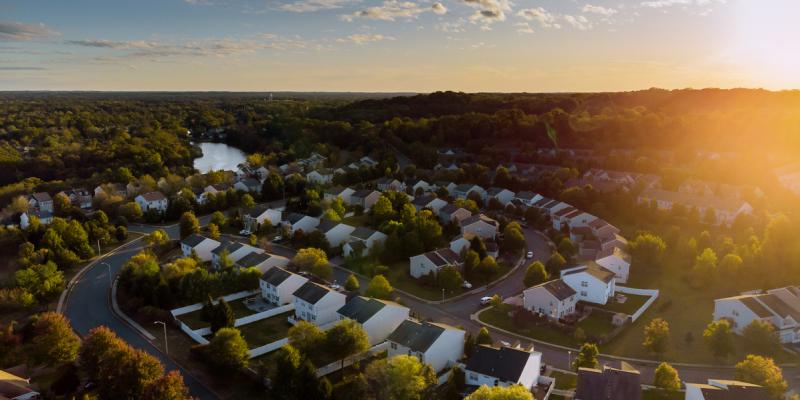
According to a new Census Bureau Report, 73.8% of white households own their homes nationally in comparison to only 45.1% of Black households. A racial home ownership gap results in unequal access to the associated benefits. Home ownership is the most common wealth development tool for American households, providing financial stability through consistent housing costs and building savings through the accumulation of home equity which can be passed on to future generations. Wealth development through home ownership is even more significant for Black households as equity in a home constitutes 60% of the total net wealth of Black homeowners compared to 43% of the total net worth of white homeowners. Yet, the Black home ownership rates remain significantly lower than that of white households.
The national statistics are mirrored in North Carolina, where 47% of Black households own homes compared to 75% of white households. In most North Carolina counties, the Black home ownership rate is significantly lower than the white home ownership rate, as shown in orange in the map below. For example, 41.2% of Black households own homes in Rowan county compared to 75.3% of white households, meaning there is a negative 31.4% racial home ownership rate gap. While Black households own homes at a higher rate than white households in six counties (shown in blue), four of these counties have fewer than 100 Black households and two have fewer than 500, significantly less than the state average of 3,960 Black households per county.
Source: 2017 CHAS Data
Solutions to closing the Black-white home ownership gap vary, but down payment assistance programs have proven successful in reducing barriers to homeownership. The NC Housing Finance Agency’s down payment assistance and first-time home buyer programs serve a slightly higher representation of Black households, 28% of Agency borrowers compared to 22% of the North Carolina’s total population.